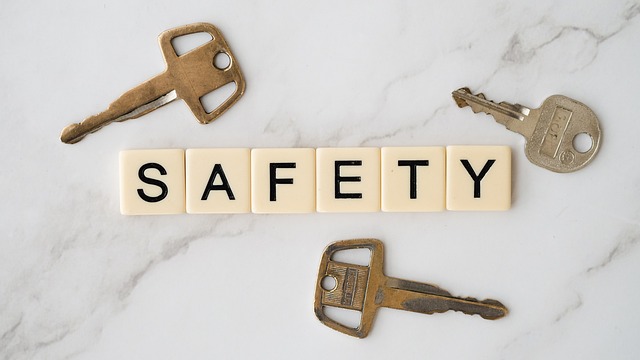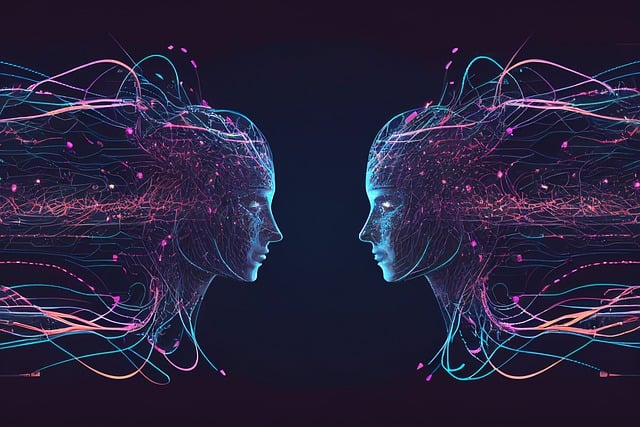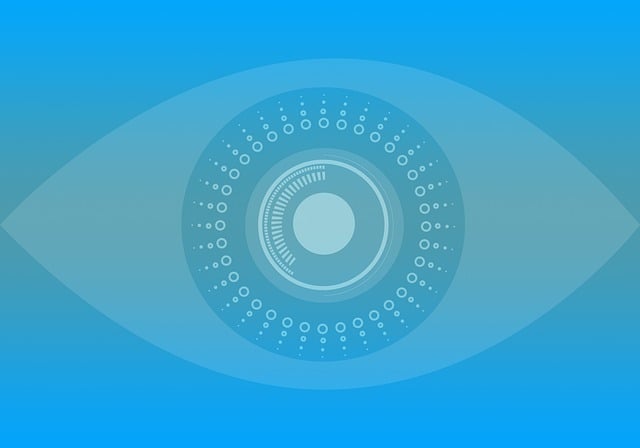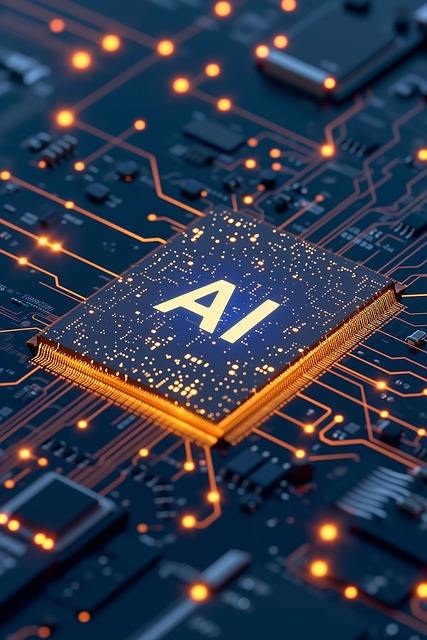AI in home security is revolutionizing traditional protective measures with intelligent threat detection and real-time data analysis. Modern security technology integrates seamlessly with devices like cameras, sensors, and door locks to create an unified intelligence network offering comprehensive coverage. AI systems adapt to family routines, accurately differentiating familiar from unfamiliar activities, enhancing safety and providing homeowners with peace of mind. Key advancements include AI-driven threat detection, pattern recognition, predictive analytics, and smart home automation that optimizes resource allocation and reduces false alarms. However, ethical considerations like privacy protection and algorithmic accountability are crucial for maintaining user trust. Future developments aim to create an AI-driven home protection system combining smart locks, cameras, and sensors for comprehensive safety.
The rapid evolution of artificial intelligence (AI) is transforming traditional home security systems into intelligent, proactive defenses. This article explores the multifaceted role of AI in enhancing residential safety through cutting-edge technology. We delve into its integration with surveillance cameras, threat detection capabilities, smart automation, and response mechanisms. Discover how modern security technology powered by AI promises a new era of protection, while considering ethical implications and future prospects in the rapidly growing field of AI-driven home security.
- Understanding AI and Its Integration in Home Security Systems
- Enhancing Surveillance with AI-Powered Cameras
- AI-Driven Threat Detection: A New Level of Protection
- Smart Home Automation and AI's Role in Response Mechanisms
- Ethical Considerations and Future Prospects of AI in Home Security
Understanding AI and Its Integration in Home Security Systems
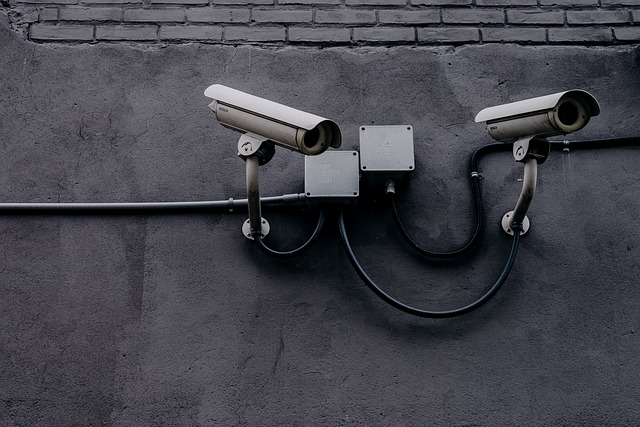
Artificial Intelligence (AI) is transforming the way we approach home security, marking a significant shift from traditional security systems to modern, AI-driven protection. This advanced technology enables smart homes to actively monitor and respond to potential threats, enhancing overall safety. By leveraging machine learning algorithms, these systems can analyse patterns, detect anomalies, and make intelligent decisions based on real-time data.
AI in home security integrates seamlessly with various devices such as cameras, sensors, and door locks, creating a unified intelligence network. This integration allows for comprehensive coverage, where every corner of the house can be monitored effectively. With continuous learning and adaptation, AI security systems evolve to better understand family routines, differentiate familiar from unfamiliar activities, and provide more accurate alerts, ensuring peace of mind for homeowners.
Enhancing Surveillance with AI-Powered Cameras

Modern security technology has seen a significant shift towards AI-driven solutions, and this transformation is particularly evident in home security systems. AI-powered cameras are revolutionizing surveillance by offering enhanced capabilities that far exceed traditional models. These intelligent cameras can analyze footage in real time, detecting unusual activities or potential threats with remarkable accuracy.
By leveraging artificial intelligence, these devices can identify specific objects, track movements, and even recognize familiar faces, providing homeowners with a robust layer of protection. AI security advancements enable these cameras to learn from their surroundings, adapt to changing environments, and continuously improve their performance, ensuring an ever-watchful eye over homes and properties.
AI-Driven Threat Detection: A New Level of Protection
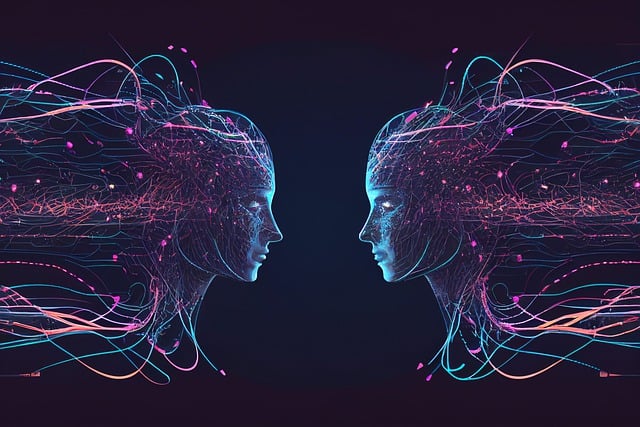
AI-Driven Threat Detection has revolutionized home security, offering a new level of protection that traditional systems cannot match. Artificial intelligence security solutions utilize advanced algorithms to analyze patterns and behaviors, enabling them to identify potential threats with unprecedented accuracy. Modern security technology powered by AI can detect unusual activities, such as intruders or suspicious movements, in real-time, promptly alerting homeowners or security personnel.
These AI-driven home protection mechanisms go beyond simple motion sensors. They leverage machine learning to understand normal routines and habits, allowing them to distinguish between genuine threats and false alarms. AI security advancements have made it possible for systems to adapt and learn from new data, ensuring they remain effective over time. The role of AI in safety is profound, providing a proactive approach to home security that keeps pace with the evolving landscape of potential risks.
Smart Home Automation and AI's Role in Response Mechanisms

Smart Home Automation has revolutionized modern security technology, and Artificial Intelligence (AI) plays a pivotal role in enhancing response mechanisms. By integrating AI into home security systems, homeowners can benefit from advanced protection that goes beyond basic surveillance. AI algorithms analyze patterns, detect anomalies, and learn habitual behaviors, enabling devices to identify potential threats more accurately. For instance, smart cameras equipped with AI can differentiate between a familiar pet and an intruder, reducing false alarms and improving overall efficiency.
AI-driven home protection systems can also facilitate faster responses during emergencies. These systems can automatically notify security personnel or emergency services when suspicious activities are detected, allowing for quicker intervention. Moreover, AI can optimize resource allocation by predicting potential risks and adapting to dynamic environments, ensuring that every aspect of the home is secured effectively. This level of adaptability and intelligence in security technology marks a significant advancement in keeping homes safe and secure.
Ethical Considerations and Future Prospects of AI in Home Security

As AI continues to advance and permeate various aspects of our lives, its role in enhancing home security becomes increasingly significant. However, alongside the benefits, several ethical considerations emerge. Privacy is a paramount concern; AI systems often require access to vast amounts of personal data to learn and adapt, raising questions about how this information is stored, shared, and protected from unauthorized access or misuse. Transparency and accountability are equally crucial; ensuring that homeowners understand how AI algorithms operate and make decisions within their homes fosters trust and empowers users to make informed choices regarding their safety.
Looking ahead, the future of AI in home security holds promising advancements. Continuous improvements in machine learning and natural language processing can lead to more sophisticated AI assistants capable of recognizing complex patterns, predicting potential threats, and responding adaptively. Integration with other modern security technologies, such as smart locks, surveillance cameras, and environmental sensors, could create a comprehensive AI-driven home protection system. This evolution not only enhances safety but also redefines the concept of home, making it smarter, more responsive, and secure than ever before.
